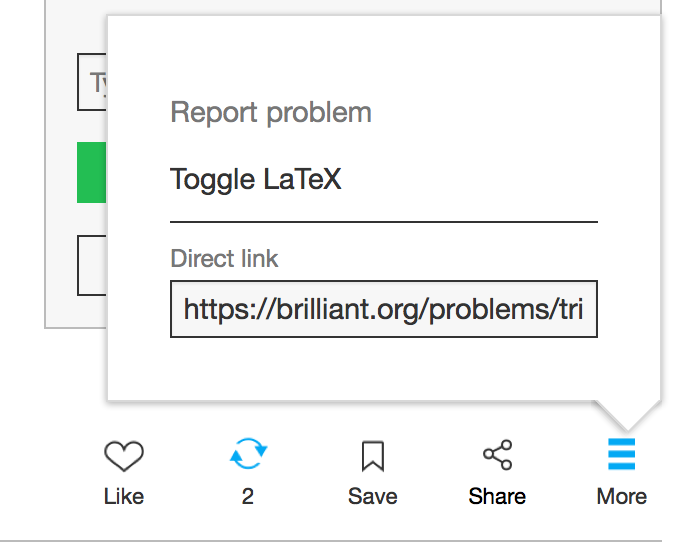What is n?
n radical signs x + 2 x + 2 x + … + 2 x + 2 3 x = x
Find the average of all the real roots of the equation above for a natural number n > 1 .
This section requires Javascript.
You are seeing this because something didn't load right. We suggest you, (a) try
refreshing the page, (b) enabling javascript if it is disabled on your browser and,
finally, (c)
loading the
non-javascript version of this page
. We're sorry about the hassle.
2 solutions
Moderator note:
You should still verify that x = 0 , 3 are indeed solutions to the original equation. Esp with squaring an equation, you may introduce new solutions.
Note: You should still verify that x = 0 , 3 are indeed solutions to the original equation. Esp with squaring an equation, you may introduce new solutions.
Cool solution sir +1.
Well done sir,same method....+1!!
I think there should not be a "3" in the last radical. then the roots will come as 0,3 which average to 1.5

We are given that n radical signs x + 2 x + 2 x + … + 2 x + 2 3 x = x
Rewrite the given equation as n radical signs x + 2 x + 2 x + … + 2 x + 2 x + 2 x = x ( 1 )
On replacing the last letter x on the LHS of the equation (1) by the value of x expressed by equation (1), we get 2n radical signs x + 2 x + 2 x + … + 2 x + 2 x + 2 x = x
Further lets replace the last letter x by the same expression; again and again yields 3n radical signs x + 2 x + 2 x + … + 2 x + 2 x + 2 x = x
4n radical signs x + 2 x + 2 x + … + 2 x + 2 x + 2 x = x . . . .
Hence we can write x = x + 2 x + 2 x + …
Now it follows that, x = x + 2 ( x + 2 x + 2 x + … ) = x + 2 x
Now squaring both sides, we get x 2 = x + 2 x ⇒ x 2 − 3 x = 0 ⇒ x = 0 , 3 .
Now by putting the values x = 0 , 3 in the original equation, we get that both the values satisfy the original equation. Hence verified the obtained solutions!.
Therefore the average of all the real roots is 2 0 + 3 = 1 . 5 . □
enjoy!